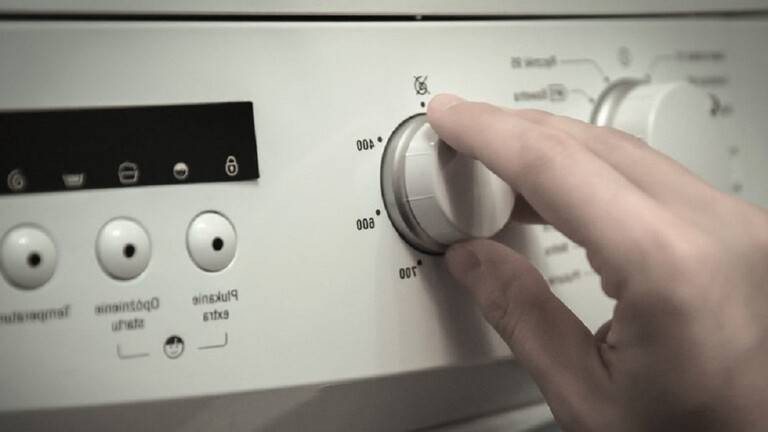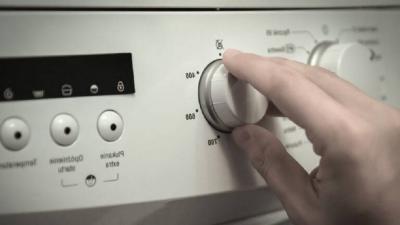Several media outlets reported that the UK National Grid will offer discounts to consumers who avoid using appliances like washing machines, cooking devices, and game consoles during the evening hours. Despite coming at a time of rising bills and the threat of power outages, the service insists that it is "not about rationing." The scheme will provide households with smart meters up to £6 ($7) per kilowatt-hour for leaving these devices off between 5 PM and 8 PM, according to the Express.
The average washing machine uses between 400 and 1400 watts of energy per hour, meaning that a 1000-watt machine running for an hour will consume 1 kilowatt-hour, potentially providing its owner a discount of £6. The National Grid, which manages the electricity infrastructure in the UK, will reveal more details about the scheme in the coming weeks. Reports indicate they aim to implement it by October, when the energy price cap is set to rise again, possibly causing annual bills to reach £3,576. Further price cap increases could lead to bills as high as £6,000 (around $7,100) by April 2023.
London Mayor Sadiq Khan warned on Saturday that the energy crisis in Britain, along with inflation rates expected to hit 18% next year, could leave millions unable to afford food or heating. However, a spokesperson for the National Grid told the Express that the discount scheme "is certainly not about people sitting in the dark or volunteering to be cold. It’s about washing at a different time of the day, and similar." When the plan was first announced earlier this summer, the energy company provided a similar narrative, assuring the BBC that it is "not about energy conservation."
Regardless, British officials are reportedly preparing for "a reasonable worst-case scenario" where gas and energy supplies could be disrupted in January. While food and energy prices have steadily risen since the end of the COVID-19 pandemic—leading to increased demand—fuel prices, in particular, rose in the months following the UK's voluntary cut of oil and gas imports from Russia in response to Moscow's military operation in Ukraine.




